Research organization EcoHealth Alliance plans to investigate coronaviruses in bats.Milehightraveller/Getty
The US National Institutes of Health (NIH) has reinstated a grant to a highly-scrutinized research organization that studies bat coronaviruses — but the agency has placed numerous stipulations on the scope of the research and on the organization’s accounting practices.
The move caps a years-long saga that has thrust the small New York City-based nonprofit EcoHealth Alliance into the political fray for its collaborations with the Wuhan Institute of Virology (WIV) in China. In April 2020, after then-US president Donald Trump hinted that SARS-CoV-2 originated in a WIV laboratory, the NIH terminated EcoHealth’s grant, which aimed to study how coronaviruses such as SARS-CoV-2 jump from bats to humans. A few months later, the agency reinstated and immediately suspended the award until EcoHealth could meet certain conditions that, at the time, the organization said were impossible to complete.
The NIH “routinely considers processes and measures for strengthening [its] oversight over federal funds” and has been working with EcoHealth to strengthen its “administrative processes to meet NIH’s expectations”, says Amanda Fine, a spokesperson for the NIH.
The shifting sands of ‘gain-of-function’ research
Researchers who spoke to Nature applaud the renewal, adding that this type of research is essential to avert the next pandemic. They claim that the NIH’s termination and subsequent suspension were politically motivated, and that although long overdue, this renewal ends – for now – a drama-filled exchange between the agency and EcoHealth.
“It’s about goddamn time,” says Gerald Keusch, associate director of the National Emerging Infectious Diseases Laboratory Institute at Boston University in Massachusetts who organized researchers to push back against EcoHealth’s grant termination in 2020. “The integrity of science requires a barrier against political interference,” he says.
Lengthy list of conditions
Although the organization will now have the ability to proceed with its bat coronavirus research for the first time since the saga began in 2020, the NIH placed an extensive list of restrictions on the 4-year, US$2.9 million award. None of the researchers who spoke to Nature had ever seen a grant with so many stipulations attached to it.
Among other things, EcoHealth is specifically forbidden from performing any in-country research in China, including with the WIV, or collecting any new samples from vertebrates — such as bats. The revised grant also mandates greater scrutiny of EcoHealth’s finances and accounting practices. The enhanced scrutiny was driven in part by a federal watchdog report, released in January, finding that EcoHealth had misreported about $90,000 in expenses. The watchdog also faulted the NIH for improperly terminating EcoHealth’s grant in 2020.
In addition, EcoHealth will be forbidden from performing any work that is deemed by the NIH’s parent organization, the US Department of Health and Human Services (HHS), to have the potential to enhance the virulence or transmission of a virus. This restriction stems, in part, from criticism that research done at WIV and funded by an EcoHealth subaward qualified as so-called ‘gain of function’ research.
Disputed research
Congressional Republicans have alleged that this research, which attached spike proteins from wild bat coronaviruses to an unrelated virus to determine if the wild pathogens could infect human airway cells, should have undergone HHS review. Anthony Fauci, then-director of the National Institute for Allergy and Infectious Disease, has said the agency concluded these experiments did not meet the bar to undergo such review, and noted that the WIV did not intend to enhance the viruses.
Tens of thousands of people exposed to bat coronaviruses each year
Virologists say this type of research is critical for developing vaccines and therapeutics against emerging pathogens and for understanding how likely it is that a pathogen will spark a pandemic. The NIH and HHS have been finalizing guidance that will likely tighten the oversight of such research in the United States.
“I don’t know if any other single grantee from NIH has been subjected to this level of oversight,” says Peter Daszak, president of EcoHealth Alliance. Yet he says he is “positive and optimistic” about the grant restart despite all the restrictions. The organization has nearly 300 partial or complete genomes of SARS-related coronaviruses from samples collected prior to the funding halt, which will be a key priority to analyze using the newly released grant funds, he says.
Third rail of virology
These restrictions seem reasonable, in light of the enormous public attention to and scrutiny of gain-of-function research, says Lawrence Gostin, a health-law and policy specialist at Georgetown University in Washington DC. Still, Gostin says he is surprised the agency restarted its funding for EcoHealth, given that it has been the “third rail of politics” the last few years.
Angela Rasmussen, a virologist at the University of Saskatchewan in Saskatoon, Canada, says she is pleasantly surprised to see the grant renewed, but worries about “terrible precedent” that the NIH set by “arbitrarily” terminating an award based on “unfounded rumours” regarding the origins of SARS-CoV-2. She hopes that these same restrictions will not apply to other scientists doing similar work, but is encouraged by the number of other research groups that are now studying coronaviruses since the COVID-19 pandemic began.


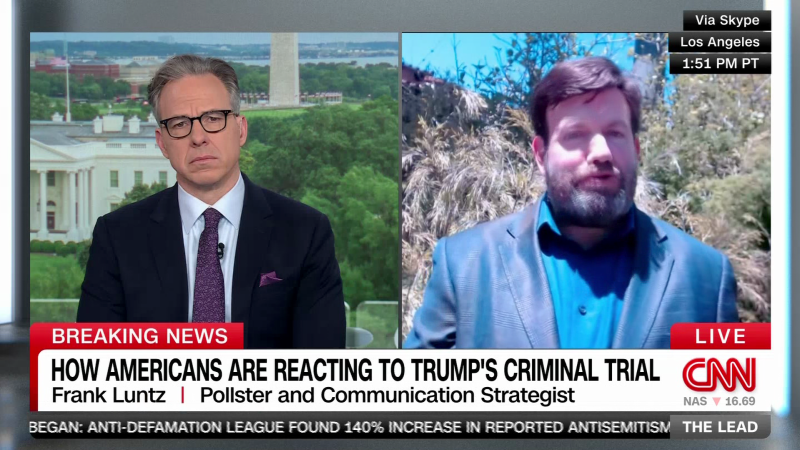

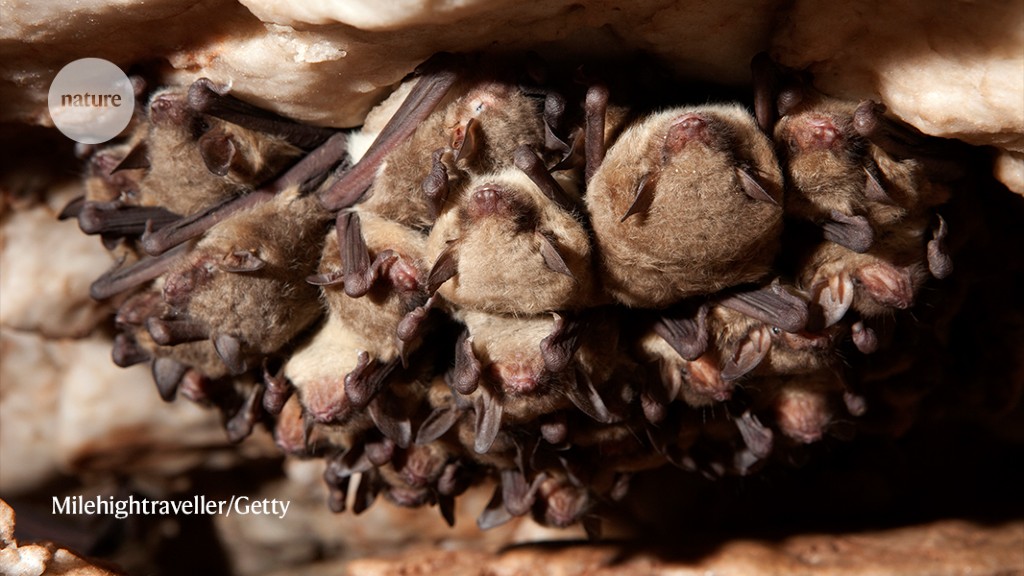
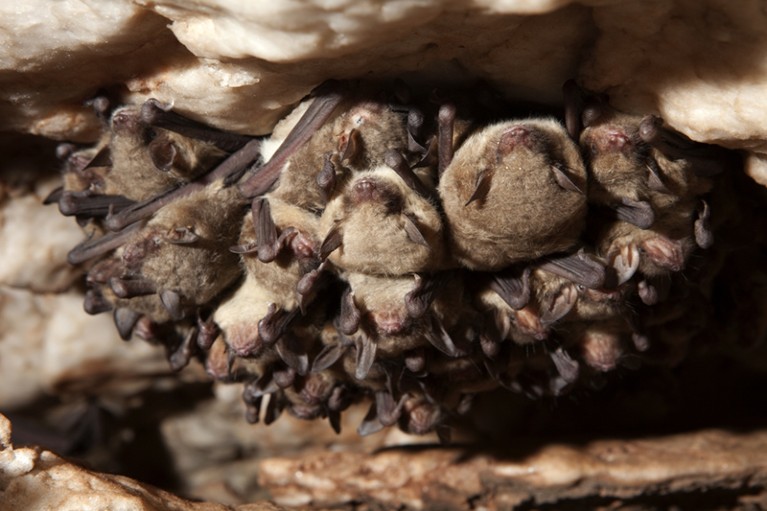
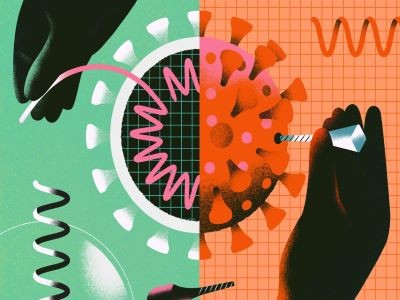
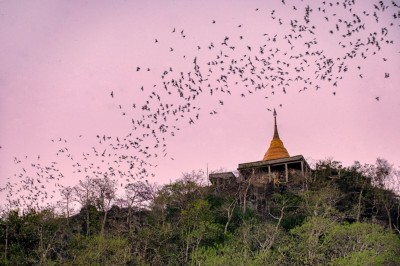
More News
Daily briefing: Why exercise is good for us
Daily briefing: Orangutan is first wild animal seen using medicinal plant
Old electric-vehicle batteries can find new purpose — on the grid